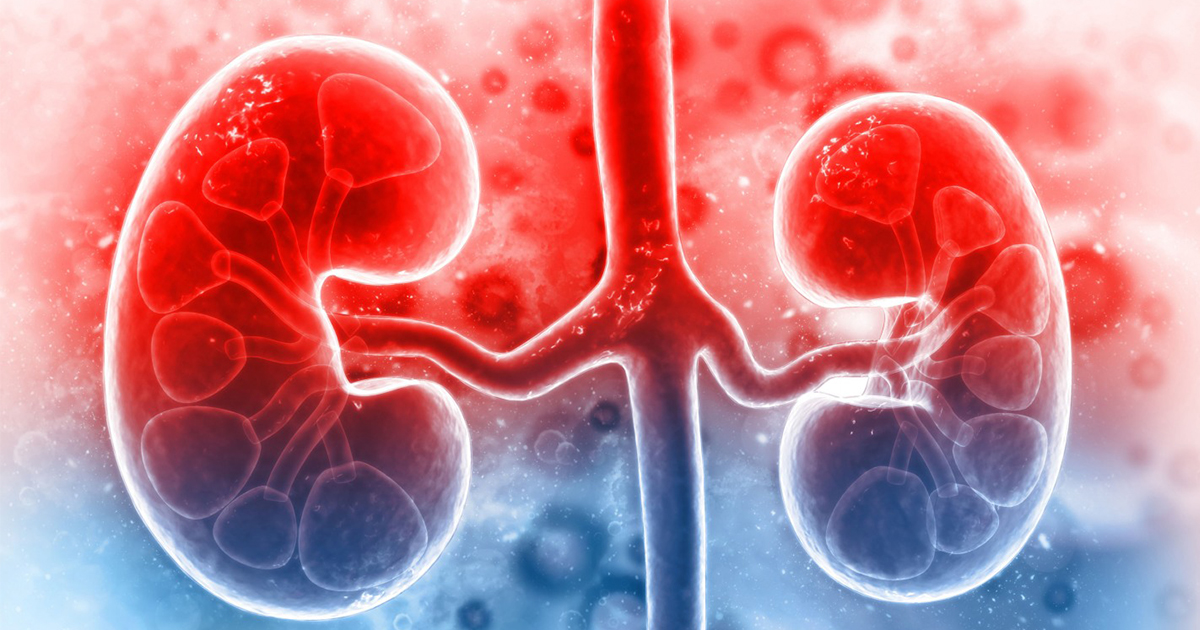Understanding Kidney Failure: Prevention and Early Detection

Kidney failure, or renal failure, is a serious condition that occurs when the kidneys are unable to function properly. It’s important to recognize the signs of kidney failure for early detection and intervention. Additionally, adopting preventive strategies can significantly reduce the risk of developing kidney failure.
What is Kidney Failure?
Kidney failure refers to the loss of the kidney’s ability to filter waste products and excess fluids from the blood effectively. There are two types: acute and chronic. Acute kidney failure occurs suddenly, while chronic kidney failure develops gradually over time due to underlying health conditions.
Signs of Kidney Failure:
- Decreased Urine Output
- Fatigue and Weakness
- Fluid Retention
- Shortness of Breath
- Nausea and Loss of Appetite
- Confusion and Concentration Problems
- High Blood Pressure Level
Prevention Strategies:
- Treat Underlying Health Conditions: Properly manage chronic medical conditions like high blood pressure levels through medication, lifestyle changes, and regular check-ups.
- Follow a Kidney-Friendly Diet: Limit sodium, potassium, and phosphorus intake. Consult a doctor or dietitian for personalized dietary advice.
- Control Blood Pressure: Monitor and maintain blood pressure within the target range through a heart-friendly lifestyle and prescribed medications.
- Avoid Unhealthy Habits: Quit smoking and limit alcohol consumption to protect kidney health.
- Engage in Regular Physical Activity: Exercise regularly to reduce the risk of kidney failure and maintain overall health.
- Maintain a Healthy Body Weight: Avoid repaid weight loss or highly restrictive diets and maintain a healthy body weight.
- Regular Kidney Health Monitoring: Undergo regular screenings to detect early signs of kidney problems and intervene in a timely manner.
Remember, prevention and early intervention are key to preserving kidney health and overall well-being. By adopting these strategies, you can significantly reduce your risk of developing kidney failure. Stat proactive about your health!
- * All research and clinical data should be used as reference purposes only, results may vary.




